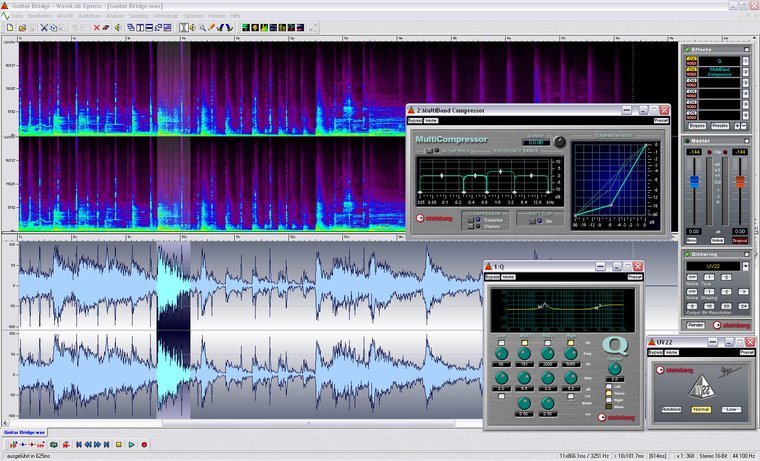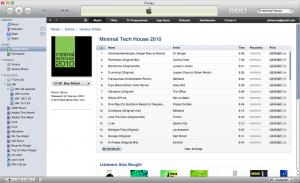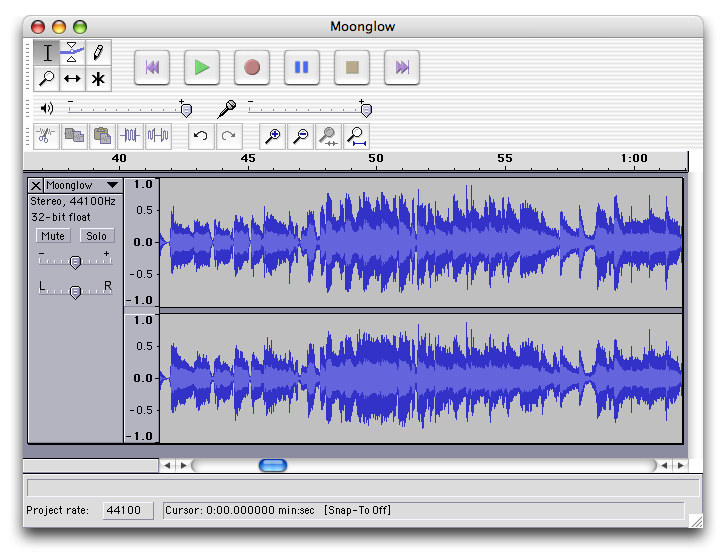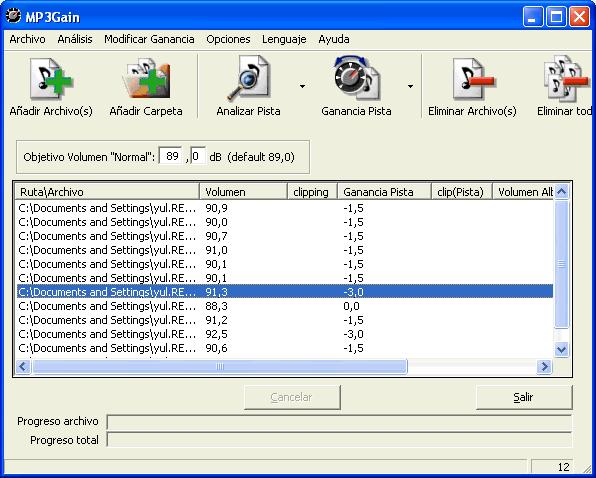
Your DJ controller software, whether Virtual DJ, Traktor, Serato Itch, MixVibes, djay, or whatever, is the first piece of software you will choose. But there is other software that it’s very useful to have, too. In this article we’ll look at that “extra” software.
You don’t actually need anything else. Your DJ controller software will be able to import and/or play music files from specific folders on your computer just as it finds them. However, there are many reasons why it is a good idea to use extra software:
- It lets you tag your music files properly, making them easier to find by genre, BPM, artist, year etc.
- It lets you prepare virtual “record boxes” (see Packing Tunes for Digital DJing)
- It lets you get them in the right format/s
- It allows you to keep your collection organised somewhere away from your DJ software
- It allows you to “fix” and improve music files
Ubiquitous old iTunes

Many digital DJs rely on iTunes as their music library software of choice (I do). While not perfect, it is simple to use, syncs well with iPods and iPhones, and lets you prepare playlist folders that you can play straight from inside most DJ software.
It even allows you to set up “smart folders” that automatically put music that fits certain criteria into a folder for you. So if you have, say, a “house music” smart playlist, whenever you add any new house to your collection, iTunes adds it to this folder automatically for you.
This gets really useful when you start labelling tunes for various club nights; so all you have to do when a new tune arrives that you think “this would go down well in X club” is label the tune such (I use the “Grouping” tag in iTunes for this) and it will automatically appear in your smart playlist for that club night.
The iTunes music store within iTunes is also good for adding tunes instantly to your collection, and to boot you can subscribe to your favourite podcasts from within iTunes too so there’s always a constant stream of new music for you to listen to.
My final favourite part is the iTunes DJ function, that just plays random records for you – great to put on in the background when you’re doing something else, as invariably a great tune jumps out that you’d forgotten about, that in turn triggers more tunes in your head; before you know it, you have a mini DJ set all prepared to play somewhere, out of nothing.
But I hate iTunes!

Many people do. It’s big, can be s-l-o-w, and is just a bit too much for some people. For Windows, one great program that’s fast, efficient and loved by many users with larger collections is MediaMonkey, which has a free version that is pretty much as good as the paid-for version.
For the Mac, iTunes is so much part of the system that there really aren’t any good alternatives out there, but it you’re a Mac user I suspect you’re in love with iTunes anyway.
Do I need any more software?
One other program that I have always had on my computers is some kind of sound editing software. This is used to load up an MP3 (or other format of music file) and edit it. You can cut silence off the beginning or end, make it louder, even re-EQ it and start re-editing it (for instance, if it is a rip of a scratched old record, clever functions can remove this for you). Plainly this is good stuff for serious digital DJs. (Incidentally, it’s also great for editing out mistakes in DJ mixes…)

For many years I used Steinberg’s Wavelab, which has a wealth of functions and a price to reflect this. However, the open-source (ie free) alternative is Audacity, which while not as pretty as Wavelab, does an excellent job. It imports nearly all formats (the horrible WMA Windows media files notwithstanding) and exports in most formats too. (You need to install something called the LAME encoder to save MP3s, but this also is free.) As well as editing MP3s etc, with a program like this, if you hear a podcast with a tune of you simply must play in your DJ set, you can chop it up and get it ready for performance.
What else?
There are various other pieces of software you may consider – I have used ID3 tag editors (that allow you to automatically update the meta data on albums etc), which are useful as importing badly tagged files into iTunes can throw them all over the place in the collection and make them hard to file properly when you realse what has happened.

I have also used MP3 gain software (that makes all MP3s the same volume, the best of which do so without any degradation in sound quality – great for alleviating the need to constantly hit the volume control on an iPod in shuffle mode).
But for 95% of your DJ needs, a sound editing program and a music library program as discussed above will do you fine.
Do you use alternatives to these programs? Is there a piece of software you simply couldn’t live without in your digital DJing? Are you confused about what software you really need to start digital DJing? Join in the discussion by leaving your comments and queries below.





![How To Improve Your Acapella Mixing [Live DJing Q&A With Phil Morse] How To Improve Your Acapella Mixing [Live DJing Q&A With Phil Morse]](https://cdn.digitaldjtips.com/app/uploads/2023/06/10145844/546463217-acapella-blank-website.jpg)


